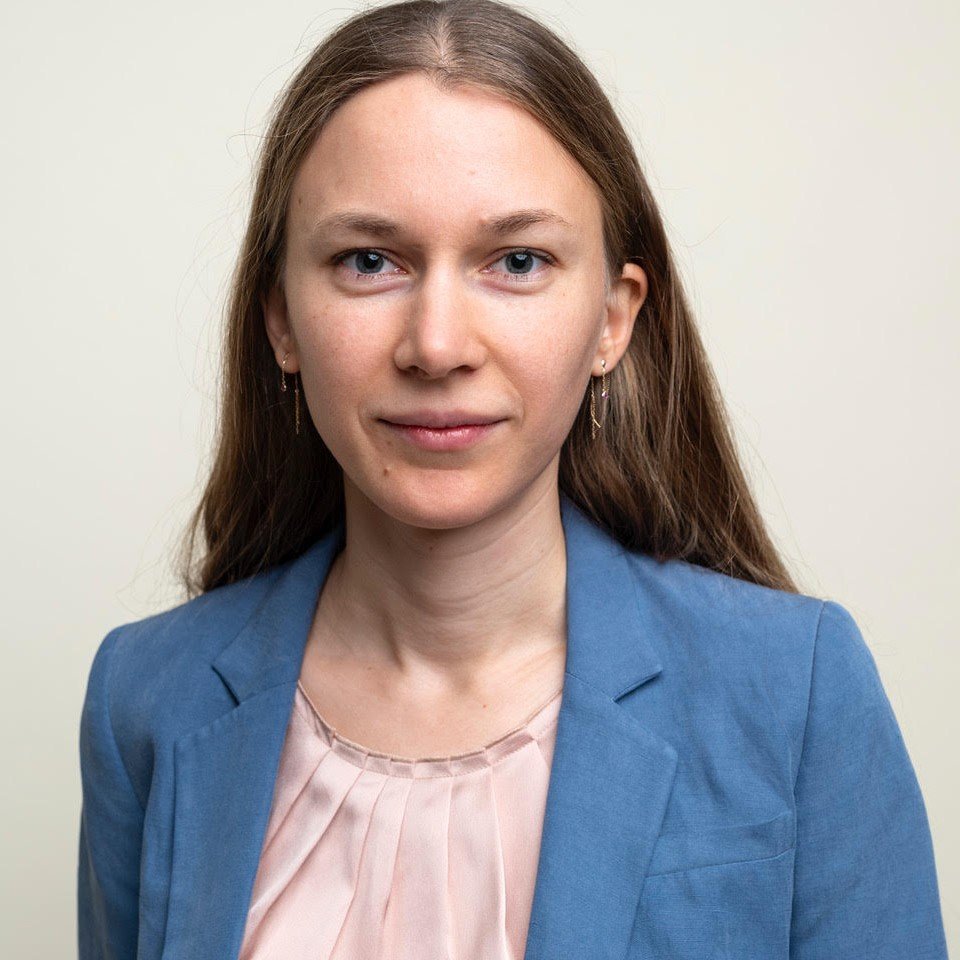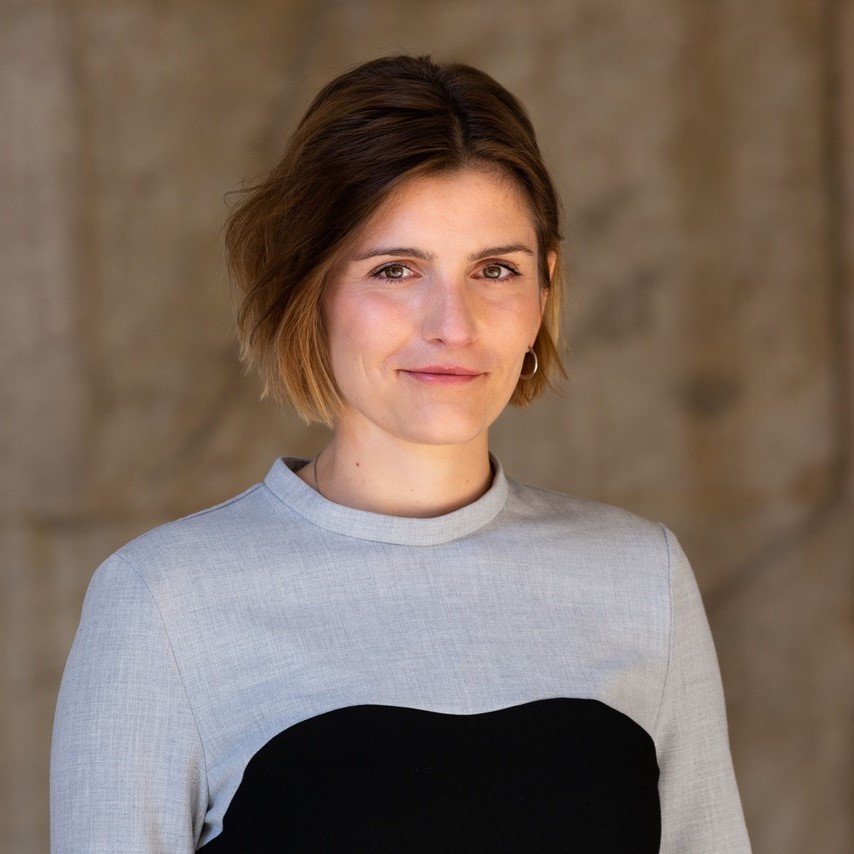The application of AI and computationally intensive methods to a better understanding of the rapid Environment change have seen rapid growth in the last decade. Digital technologies help to examine our impact on the environment and climate change and to predict the effect on climate from human activity.
Experts:

Prof. Dr. Felix Creutzig is head of the working group Land Use, Infrastructures and Transport and Chair of Sustainability Economics at Technische Universität Berlin. He was lead author of the IPCC’s Fifth Assessment Report and lead analyst of the Global Energy Assessment. His research focuses on:
• Conceptualizing and quantifying GHG emissions of cities world-wide
• Assessing opportunities for GHG mitigation of cities world-wide
• Building models of sustainable urban form and transport
• Land rents as a complement for financing sustainable infrastructures
• Analyzing the role of capital stocks and infrastructures for climate change mitigation
• Land use-mediated uncertainty in integrated assessments, particularly those related to bioenergy
Before joining the MCC and TU Berlin, Felix was a postdoc fellow at the Energy and Resources Group at the University of California, Berkeley, collaborating with Dan Kammen, Lee Schipper and Elizabeth Deakin, and the Energy Foundation China in Beijing. Felix Creutzig received his PhD in Computational Neuroscience from Humboldt-Universität zu Berlin, and holds a Master of Advanced Studies (Path III in Mathematics) from Cambridge University, UK. From 2009 until 2011 Felix was also chair of Netzwerk Europa, the Alumni organization of the Studienkolleg zu Berlin.
• Conceptualizing and quantifying GHG emissions of cities world-wide
• Assessing opportunities for GHG mitigation of cities world-wide
• Building models of sustainable urban form and transport
• Land rents as a complement for financing sustainable infrastructures
• Analyzing the role of capital stocks and infrastructures for climate change mitigation
• Land use-mediated uncertainty in integrated assessments, particularly those related to bioenergy
Before joining the MCC and TU Berlin, Felix was a postdoc fellow at the Energy and Resources Group at the University of California, Berkeley, collaborating with Dan Kammen, Lee Schipper and Elizabeth Deakin, and the Energy Foundation China in Beijing. Felix Creutzig received his PhD in Computational Neuroscience from Humboldt-Universität zu Berlin, and holds a Master of Advanced Studies (Path III in Mathematics) from Cambridge University, UK. From 2009 until 2011 Felix was also chair of Netzwerk Europa, the Alumni organization of the Studienkolleg zu Berlin.

Lynn Kaack is Assistant Professor of Computer Science and Public Policy at the Hertie School. Her work focuses on methods from statistics and machine learning to inform climate mitigation policy across the energy sector, and on climate-related AI policy. She is also a co-founder and chair of the organization Climate Change AI. Previously she was Postdoctoral Researcher and Lecturer in the Energy Politics Group at ETH Zürich. She obtained a PhD in Engineering and Public Policy and a Master's in Machine Learning from Carnegie Mellon University, as well as a MS and BS in Physics from the Free University of Berlin.

Julia is a research associate at the Technology Foundation Berlin where she supports the team as product owner of the “Gieß den Kiez” and project lead of the federal sponsorship project “Quantified Trees”. With her studies in Business Informatics and Digital Transformation at the University of Potsdam, her main focus is on data-driven prototyping, IoT sensor technology and the sustainability of Open Source Software.

Marcus is AI Expert and Intelligence Architect at Birds on Mars and is currently finishing his PhD at TU Berlin. He is a guest lecturer on AI and data science at TU Berlin and CODE University of Applied Sciences. He was a Research Associate at the DAI-Lab of TU Berlin, leading the research group "Smart Energy Systems." He volunteers for Climate Change AI, providing resources for researchers and practitioners transitioning into AI and machine learning for climate change mitigation and adaptation.

